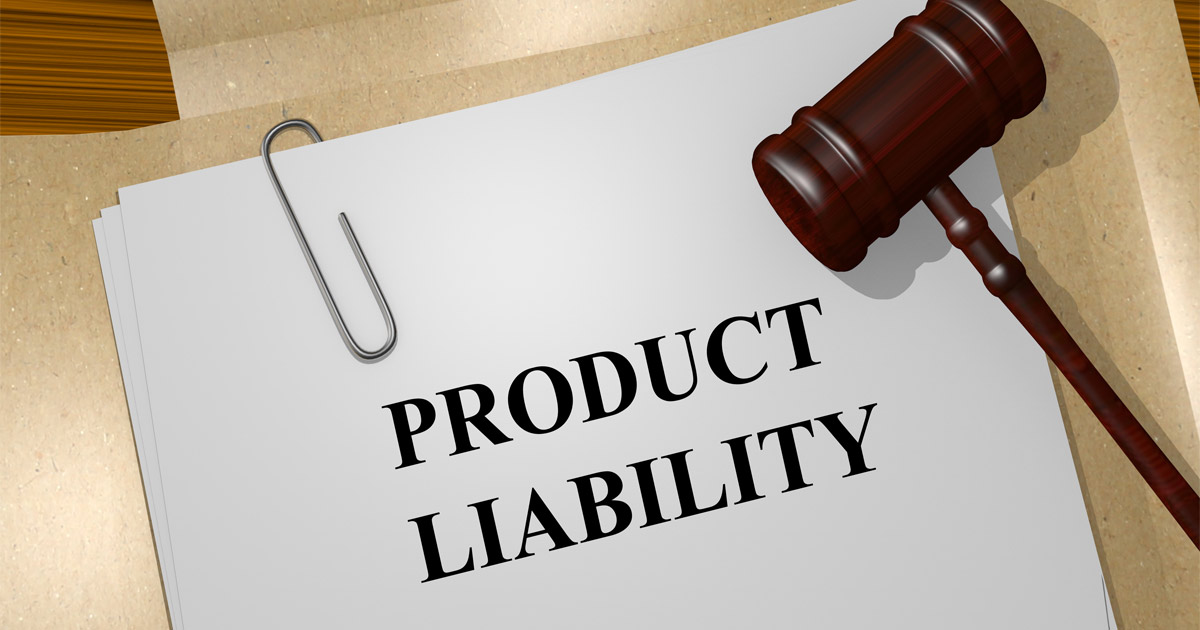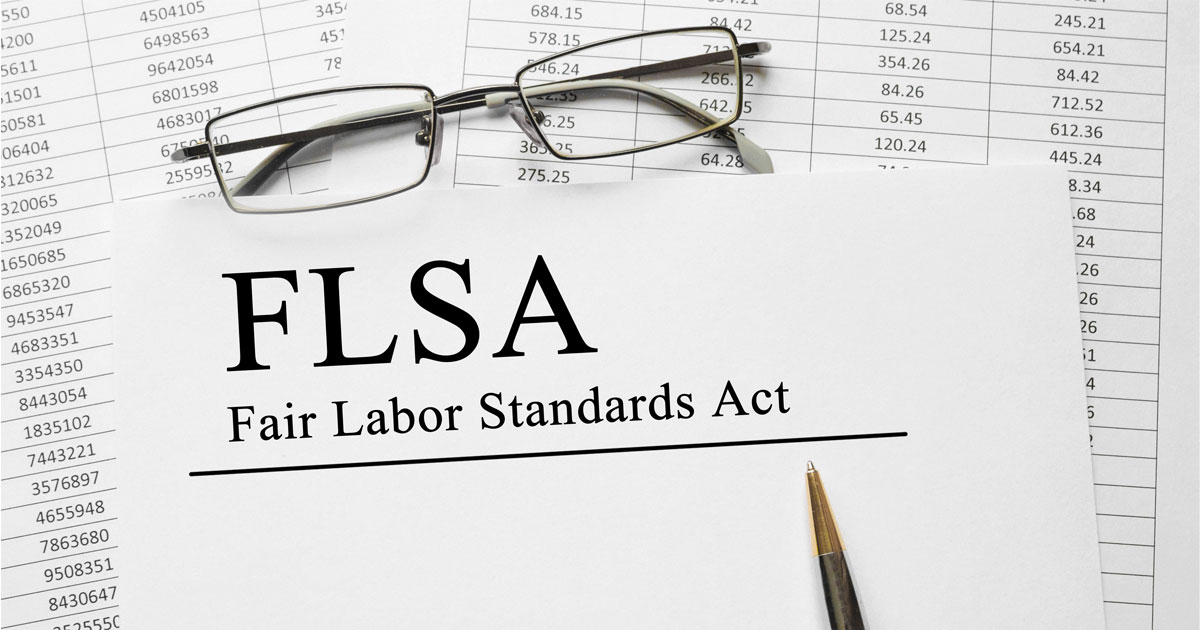Factors That Businesses Should Consider When Ending Contracts

In business, contracts are foundational agreements that dictate the terms of relationships between entities. However, there comes a time when these agreements may need to be terminated. The reasons can vary from the fulfillment of the contract terms to dissatisfaction from one or both parties. Regardless of the cause, ending a contract is a complex process that requires careful consideration to avoid legal repercussions. This blog outlines critical factors businesses in Pennsylvania should consider when they find themselves in a position to terminate a contract.
Understand the Termination Clauses
The first step in ending a contract is to review the termination clauses thoroughly. These clauses outline the conditions under which a contract may be terminated, including notice periods and any specific requirements for termination. Adhering to these conditions is crucial to avoid breaching the contract.
Assess the Grounds for Termination
Before proceeding with termination, assess whether there are valid grounds for ending the contract. Grounds for termination can include breach of contract, failure to deliver services or products as agreed, or changes in circumstances that make the contract untenable. Identifying clear and valid reasons for termination is essential to justify the decision legally.
Consider the Consequences
Terminating a contract can have significant consequences, including financial penalties and damage to business relationships. Evaluating the potential impacts of termination on your business and the other party is imperative. Consider negotiating an amicable end to the contract that minimizes negative outcomes for both parties.
Communicate Effectively
Effective communication is key to managing the termination process smoothly. It is advisable to communicate your intention to terminate the contract in writing, providing clear reasons and adhering to any notice period specified in the contract. This ensures legal compliance and helps maintain professionalism and respect between the parties.
Seek Legal Advice
Given the legal complexities of terminating contracts, seeking advice from a legal professional is highly recommended. A lawyer can provide guidance on the legal implications of termination, help navigate the process, and ensure that your interests are protected.
Document Everything
Documentation is crucial throughout the termination process. Keep records of all communications, agreements, and actions taken related to the termination of the contract. This documentation can serve as evidence in case of disputes or legal challenges.
Plan for the Future
It is important to plan for the future after the termination of the contract. Consider how the end of the agreement will affect your business operations and what steps you need to take to mitigate any negative impacts. This may involve finding alternative suppliers, partners, or strategies to replace the void left by the terminated contract.
Our Philadelphia Business Lawyers at Sidkoff, Pincus & Green P.C. Will Help You With Contract Matters
Terminating a contract is a decision that should not be taken lightly due to its potential legal and business implications. By considering the abovementioned factors, businesses can navigate the termination process more effectively, minimizing risks and preserving valuable relationships. Understanding your legal rights and obligations is paramount. Our Philadelphia business lawyers at Sidkoff, Pincus & Green P.C. can provide the guidance and support needed to navigate this complex process. Contact us online or call 215-574-0600 to schedule a consultation. Located in Philadelphia, we proudly serve clients in Pennsylvania and New Jersey.
























